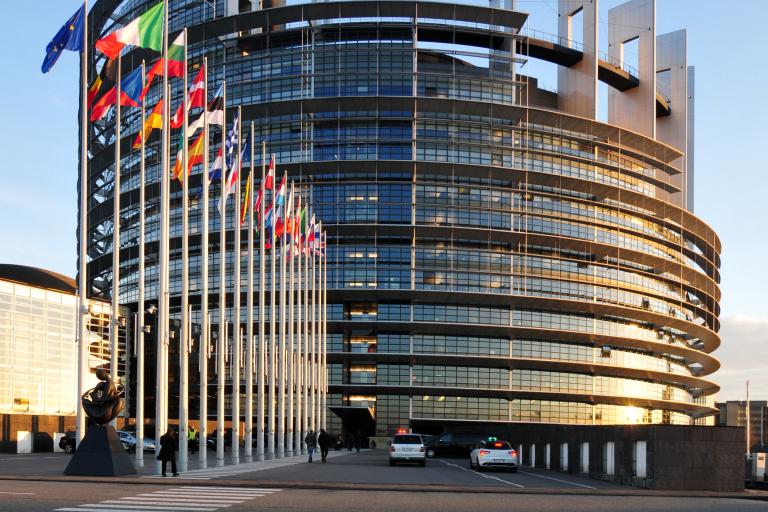Legislative Framework for Market Surveillance of Construction Products in Ireland
IMPORTANT UPDATE JANUARY 2026 - The Construction Products Regulation (EU) 2024/3110 of the European Parliament and of the Council of 27 November 2024 laying down harmonised rules for the marketing of construction products in the EU, applies from 8th Jan 2026 with transitional arrangements for the repeal of Regulation (EU) No 305/2011 of the European Parliament and of the Council of 9 March 2011 laying down harmonised conditions for the marketing of construction products and repealing Council Directive 89/106/EEC (OJ L 88, 4.4.2011, p. 5); over the period from 2026 to 2040. Regulation (EU) 2019/1020 of the European Parliament and of the Council of 20 June 2019 (known as the Market Surveillance Regulation (MSR 2019)), provides a framework for market surveillance of, and controls on construction products entering the Union market.
The European Union (Construction Products) Regulations 2025 (S.I. No. 669 of 2025) came into operation on the 8th day of January 2026 and provides for the implementation and enforcement of the Construction Products Regulation 2024 (Regulation (EU) 2024/3110) and maintains the existing structures and arrangements for market surveillance of construction products within its scope in Ireland.
These Regulations give full effect to the provisions of the following:
a) Regulation (EU) No 305/2011 of the European Parliament and of the Council of 9 March 2011;
b) Regulation (EU) 2024/3110 of the European Parliament and of the Council of 27 November 2024;
c) in respect of construction products covered by Regulation (EU) No 305/2011 and Regulation (EU) 2024/3110, Regulation (EU) 2019/1020 of the European Parliament and of the Council of 20 June 2019.
These Regulations revoke:
a) the European Union (Construction Products) Regulations 2013 (S.I. No. 225 of 2013);
b) the European Union (Construction Products) (Amendment) Regulations 2023 (S.I. No. 217 of 2023).
S.I. No. 669 of 2025 should be read in conjunction with the Construction Products Regulation CPR 2011, and CPR 2024, and the Market Surveillance Regulation MSR 2019.
Under the new Construction Product Regulations:
• New and revised standards will adapt to new technical developments,
• Consumers will be better informed about the environmental and sustainability impacts of construction products.
• The scope of construction products extends to include both “used” and 3D-printed products.
• A system of digital product passports (DPPs) will be established, providing for electronic
• Declarations of Performance and Conformity available on websites on the conditions that they are unamendable, human and machine readable, available, accessible and unequivocally linked to the product.
Each Member State is responsible for regulating its own market surveillance activities in accordance with the specific requirements of the CPR 2024 and the broader overarching requirements of the MSR 2019.
The same Market Surveillance Authorities (MSAs) as were in place for construction products within the scope of the CPR 2011 are designated as Market Surveillance Authorities under the CPR 2024, the designations take effect on 8 January 2026. As such;
• Building control authorities are designated, under European Union (Construction Products) Regulations 2025 (S.I. No. 669 of 2025), as the principal MSAs for construction products that fall within the scope of the CPR 2011 and the CPR 2024, within their administrative areas, and
• Dublin City Council (via the National Building Control and Market Surveillance Office (NBCMSO)) is designated as an MSA under Withdrawal of the United Kingdom from the European Union (Consequential Provisions) Act 2020 (Construction Products – Market Surveillance) (Amendment) Regulations 2025 (S.I. No. 670 of 2025) for construction products that fall within the scope of the CPR 2011 and CPR 2024 on a nationwide basis.
For Market Surveillance Authorities contact details click here..
For further details on an overview of the Construction Products Regulation see Department “13 January 2026 INFORMATION NOTE Construction Products Regulation 2024 (Regulation (EU) 2024/3110)”


